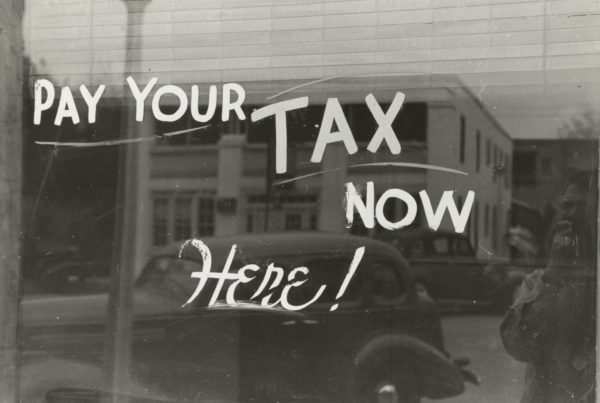Any person 18 or more years of age who is of sound mind may make a will.
They must also:
-
Possess testamentary intent;
-
Make a positive disposition of their assets;
-
Execute the document in compliance with Pennsylvania law; and
-
Sign or make their mark at the logical end of the document
Wills from other Jurisdictions:
If you executed a Last Will & Testament in another state, the probate laws of Pennsylvania will honor and accept your will so long as when it was written, the will complies with the laws of the previous state. However, to be sure, it is always helpful to have your testamentary documents reviewed by an estate attorney in your new community, especially if you wish to make a change to your documents.
Wills in Foreign Languages:
A Last Will & Testament written in a foreign language may also be honored by the laws of Pennsylvania; however, before the Will can be probated, it must be translated into English and sworn to as correct by the translator. If a testator wishes to leave their Will in a foreign language, this is clearly acceptable and respected by the laws of Pennsylvania; however, these individuals run the risk of the Will being misinterpreted, especially when the original language does not have an exact translation to the English language – thus causing room for error.
Wills from another State:
The probate laws of Pennsylvania will also honor a will from another state, if written in compliance with the laws of that state at the time it was signed and if the testator is a resident of Pennsylvania at the time of their death.
Here to Help:
If you need assistance writing your Last Will & Testament, or, you are in need of advice with respect to the administration of a loved one’s estate, contact Covalt Law at your earliest convenience.
LEGAL DISCLAIMER:
This blog positing is made available for educational purposes only as well as to provide Central Pennsylvanians with general information and a general understanding about this area of Pennsylvania law, not to provide specific (or any) legal advice. Use of this blog does not create an Attorney-Client Relationship with the publisher, Covalt Law, or Nittany Settlement Company. This blog is for general informational purposes only. Covalt Law is a law firm in State College, Pennsylvania and some of the information within this blog relates to legal topics. Covalt Law, LLC does not offer or dispense legal advice through this blog or by e-mails directed to or from this site. By utilizing this blog, the reader agrees that the information contained herein does not constitute legal advice or other professional advice and no attorney-client relationship or other relationship is created between the reader and Covalt Law, Nittany Settlement Company, or its attorneys. Moreover, this blog is not a substitute for obtaining legal advice from a qualified attorney licensed in your state or jurisdiction. The information on this blog may be changed without notice and is not guaranteed to be complete, correct, or up-to-date. While the blog is revised on a regular basis, it may not reflect the most current legal developments or law in your jurisdiction. The opinions expressed at or through the blog are the opinions of the individual author and may not reflect the opinions of the firm or any individual attorney.
Additionally, to ensure compliance with requirements imposed by the U.S. Internal Revenue Service in Circular 230, we inform you that any tax advice contained on this site (including any links provided) is not intended or written to be used, and cannot be used, for the purpose of (i) avoiding penalties under the U.S. Internal Revenue Code or (ii) promoting, marketing, or recommending to another party any transaction or matter addressed in this communication.







